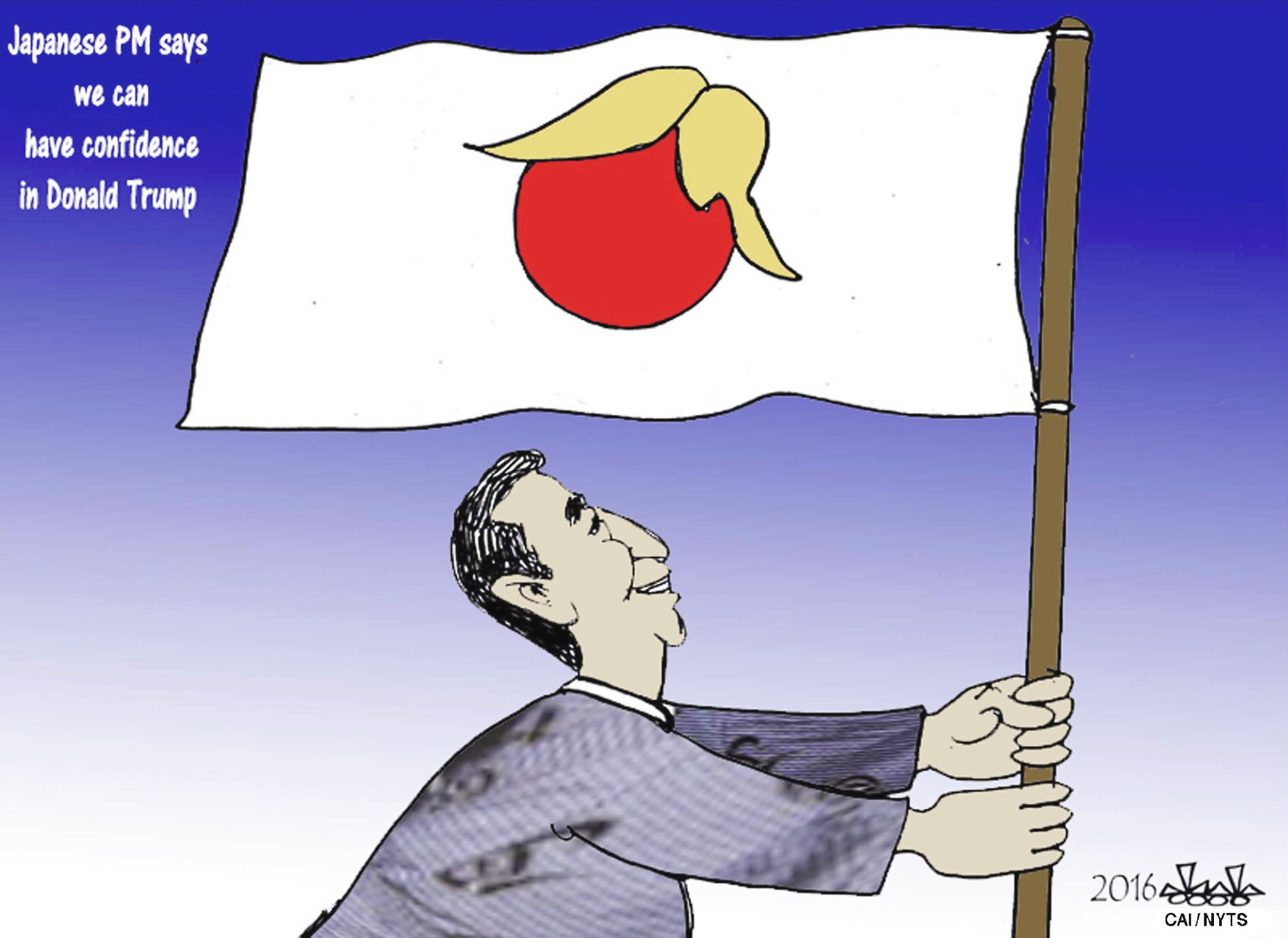Prime Minister Shinzo Abe's recent visit to meet U.S. President-elect Donald Trump was both unprecedented and an important indicator of the direction of U.S. foreign policy with regards to Japan and East Asia under the new administration. At the same time, Abe being the first foreign leader to meet Trump should allay some of Tokyo's fears that pre-election rhetoric would become post-election policy.
From Tokyo's perspective, this meeting and all future meetings is about clarifying the importance of the U.S.-Japan security partnership and how it has underpinned peace, prosperity and security in East Asia in the post-World War II era, and equally, how it remains pivotal to not only Japan's security but also the security, peace and prosperity of the Indo-Pacific region in the century to come.
In articulating the salience of the U.S.-Japan alliance, Abe needs to continually stress that relations between the two nations go far beyond a one-dimensional military alliance. Tokyo will highlight the multidimensional character of their relationship, which includes an economic partnership and being important and synergistic players in international institutions such as the United Nations, World Bank and International Monetary Fund among others. Last but not least, Abe will be sure to stress that Japan is the reliable and indispensable partner for the U.S. in this region.















With your current subscription plan you can comment on stories. However, before writing your first comment, please create a display name in the Profile section of your subscriber account page.